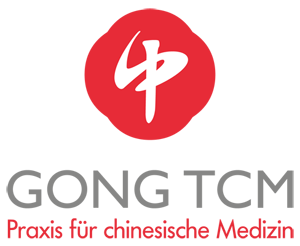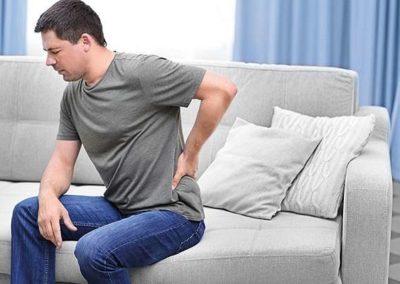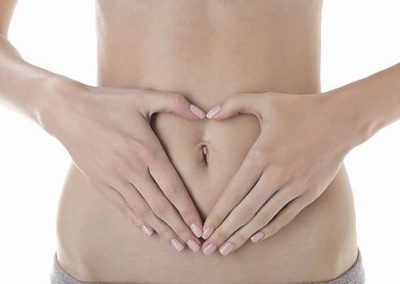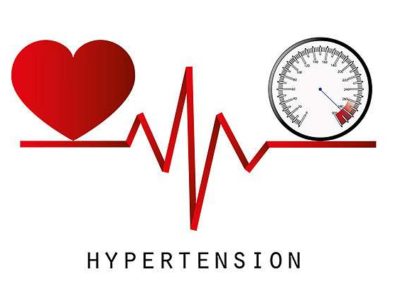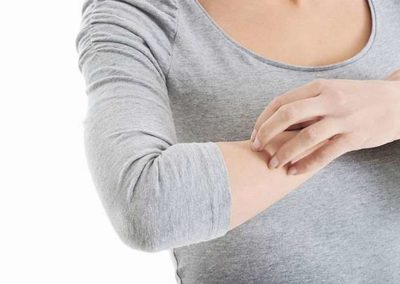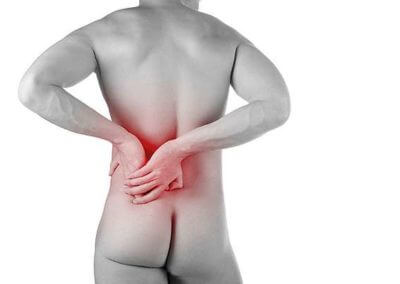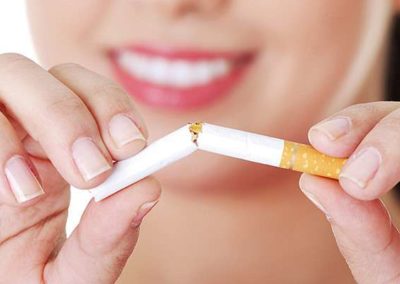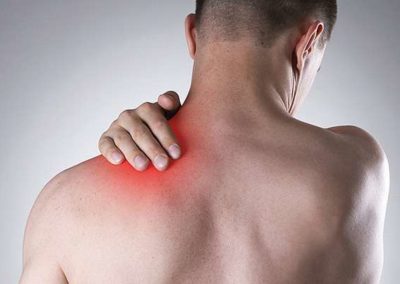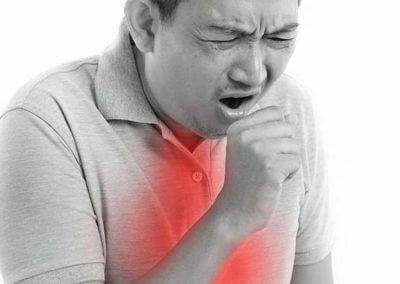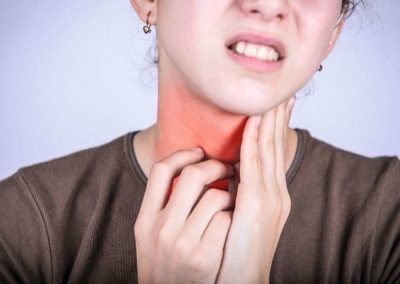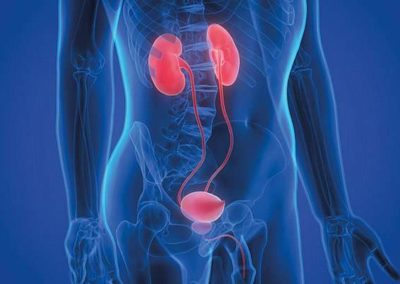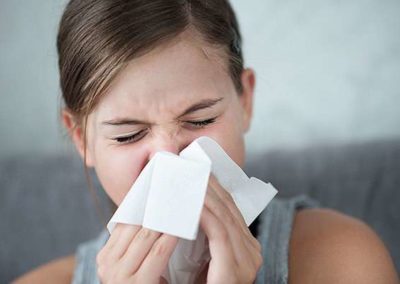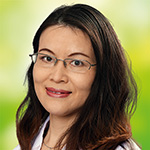Indications
Skin problems
Hair loss, psoriasis, dry skin, acne, oily skin, shingles
Hair Loss
The causes of hair loss are numerous. Hormonal changes, medicine, iron deficiency, infection, hair cosmetics, etc. can all be reasons for hair loss. For men, there is still no conventional medical treatment (albeit promised by commercial advertising). Women on the other hand, can be treated with anti-androgens (male hormones) in order to improve the hair loss.
Chinese Medicine compares the hair to a field of grain. In order for grain to grow in a field, the earth must be fertile, moist and nutrient – rich. Nothing grows if there is excessive heat, drought and dryness. In this context, Chinese Medicine views hair loss as a result of yin deficiency. Yin refers to the cooling, nourishing, moistening aspect of the body. In old age, the yin is consumed, causing the Yang to dominate, with symptoms that are associated with dryness or heat. Stress and overwork very often cause yin deficiency. Poor diet, lack of sleep and burdens such as emotional stress also weaken our Yin.
Acupuncture, in combination with Chinese herbal therapy (both for internal and external use (head rinses), can help prevent or delay hair loss.
Psoriasis
Psoriasis is a chronic, often relapsing skin disorder with a genetic predisposition. It is characterized by an increased cell renewal of the epidermis and keratinization. Although conventional medicine is able to treat the lesions caused by psoriasis, it cannot guard against the disposition to psoriatic skin reaction.
Psoriasis (Bai Bi) is one of the more complex skin diseases, differentiated into nine different syndromes. The most common syndrome is that of blood stasis with heat. Attention should be paid in particular to the color and shape of the rash, pruritus, pulse and tongue diagnosis, as well as agitating/improving factors.
The treatment of Chinese medicine consists mainly of herbal prescriptions that combat inflammation. Simultaneously, both nutrition and care of the skin have to be improved. Acupuncture plays a role in regulating the energetic disharmonies. Special points with an affiliation to the skin will be needled.
Dry Skin (Sebostasis)
According to Conventional Medicine, dry skin results from a reduced sebum production of the skin, which is influenced by many internal and external factors. The dryness can be agitated by bathing / showering / ablutionary methods, sauna and the low humidity in heated rooms. Dry skin can lead to symptoms such as itching, tightness of the skin, flaking or net-like, superficial, red lesions in the skin.
Dry skin in Chinese medicine indicates a blood or yin deficiency. Dry skin accompanied by itching or redness further indicates not only blood or yin deficiency but also the presence of heat. Yin in TCM refers to the cooling, nourishing, moisturizing aspect of the body. With increasing age the yin in our bodies is consumed. If the yin is consumed to such an extent that yang predominates, then symptoms associated with dryness or heat are bound to appear. Stress and overwork are common causes of yin deficiency. Poor diet, lack of sleep and emotional stress also weaken our Yin. The therapeutic approach is to preserve the blood and yin in the body and build it up. This is achieved through strengthening the lungs, which controls the skin and by strengthening the spleen, which is involved in blood production.
Acne Vulgaris (Acne)
The typical adolescent acne has several causes. In addition to a genetic predisposition, hormonal changes during puberty can lead to hyper function of the sebaceous glands, complicated by keratinization of the excretory ducts. Bacterial contamination also plays a role. Other aggravating substances include products containing oils and tar, as well as certain medications. Conventional medicine alleviates acne with medication or hormonal treatment.
From the perspective of Chinese medicine, it is possible for heat to accumulate in the body: in the organs and channels. Heat has the tendency to accumulate in the upper parts of the body, where it can manifest as redness, pimples and pustules. Chinese diagnostic methods can be used to determine which organs are affected according to the area of manifestation on the skin.
If in addition to the red pimples and papules, there is pus or thick, deep, cystic or nodular injuries, this indicates that in addition to the internal heat there is also an accumulation of dampness. This usually arises as a result of an inappropriate diet.
Chinese Herbal Therapy helps to regulate the body and bring it back into balance. Acupuncture compliments the Herbal Therapy by expelling the heat and phlegm and clearing blockages and stagnation.
Oily Skin
Oily skin, also called “seborrhea”, arises from an overproduction of sebaceous glands.
Seborrhea is a symptom and not a disease itself. It occurs in some skin diseases as an essential component (e.g. acne) or as a side effect. Greasy food and poor diet can contribute oily skin.
In Chinese medicine, oily skin is a sign of excessive moisture accumulation in the body. In this context, the spleen is responsible for the conversion and transportation of food. If the spleen is weakened, it will no longer be able to process and utilize food properly, which is then converted into moisture. The spleen is often weakened as a result of inappropriate diet and bad eating habits. While strengthen the spleen with herbs and acupuncture, it is also important to make efforts to improve one’s diet and eating habits.
Shingles
Shingles is caused by the Herpes Zoster virus, which has the ability to remain dormant in the body. If it is reactivated, the virus migrates through the nerve channels to the skin area supplied by the nerves, and like a belt extends from the spine forward to the midline. Shingles can also manifest on the face. Patients complain of a general malaise, pain, and possibly also of fever. The main symptom is the small red skin vesicles accompanied by a burning pain in the affected area on the skin. Shingles is a contagious disease. It is however only the vesicle content that is able to spread the virus.
From the perspective of Chinese medicine, the pathogenic factors of heat and dampness, play an important role in the development of the condition. In TCM, the blistering and crusting are often signs of dampness, which require methods to dry and drain moisture from the body. As with many other skin diseases, heat plays a major role in the progression of shingles. In this context, herbal therapy is administered in order to cool the heat and expel it from the body – for example, through the stool or urine. The infectious component, namely the viral infection is defined in TCM as a toxin, which also needs to be discharged from the body.
